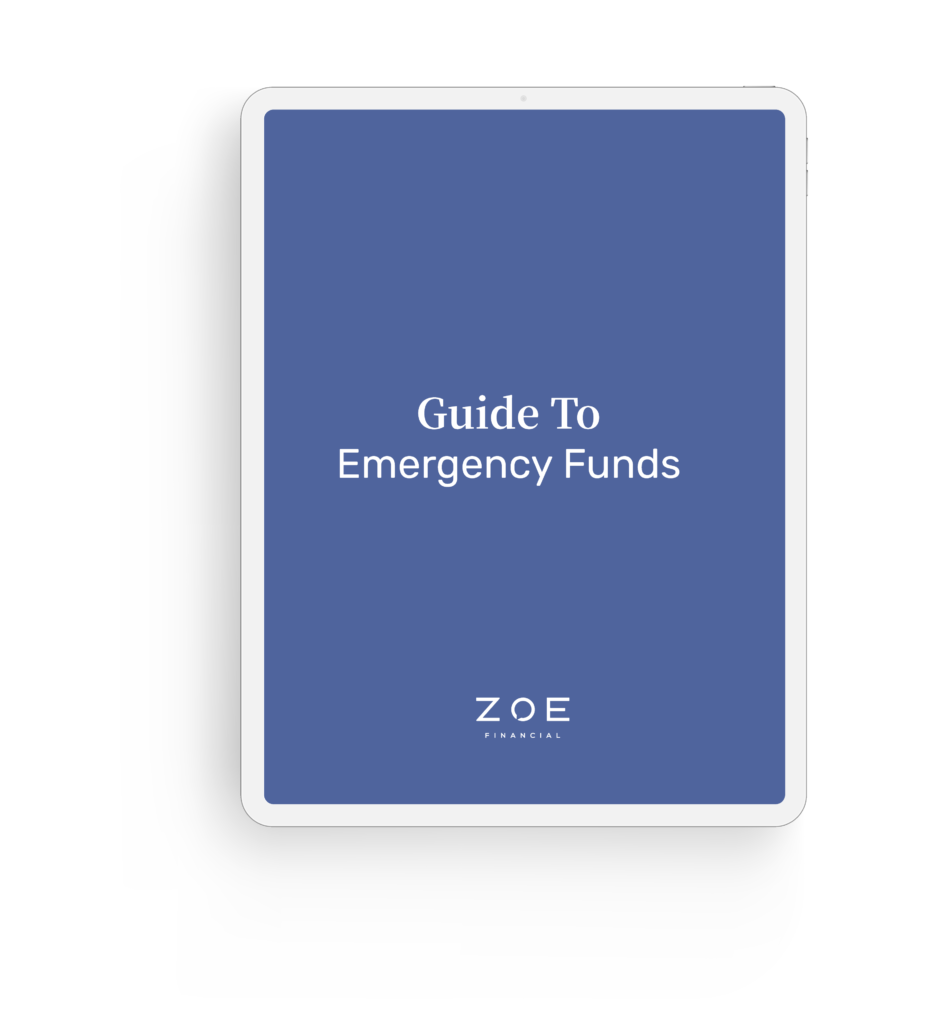The Ultimate Emergency Fund Guide
See The Top Financial Planners Near You
Download our step-by-step Guide to Creating Your Emergency Fund
An emergency fund, or emergency savings fund, are safety nets for the unforeseeable future. They are especially useful when unexpected large financial expenses resulting from a job loss, family illness and death, or damage to assets arise.
As we all know, life can throw us curve balls from time to time. Sometimes it’s a leaky roof, sometimes it’s a faulty radiator, and sometimes, sadly, it’s an unexpected layoff at work. Each of these can end up costing you a lot more than you expect, and often a lot more that is in your cash savings account.
An emergency fund will save you from having to liquidate investments, or using your credit card to pay for these types of expenses. Having some excess cash in an account can prevent life’s inconveniences from becoming major catastrophes.
You should have the equivalent of 3 to 6 month’s salary in your emergency fund.
This amount, however, can vary greatly depending on your circumstances. If you are part of a 2-income household, both of whom earn good, steady money, you would be ok with the lower end of the scale. However, if you are self-employed, work on a commission basis, or are the sole breadwinner, the upper end of the scale is best.
When you need to access your emergency fund, you normally need to access it immediately. For that reason, you may want to keep it in a regular savings account at your bank. Although you may be tempted to keep cash in your home, in a safe for example, it isn’t necessarily the safest choice. By keeping your money in a bank account, the bank will ensure the money (up to $100,000 per account) and it will be there no matter what. No natural disasters, fires, theft, etc. will be able to affect it.
Although your money will grow faster in a riskier investment, like stocks, it is not as liquid (assets easily exchanged for money) in this state. It may take a couple of hours, or days in some cases, to sell your stocks and withdraw your money. For that reason, and due to the additional risk of a devaluation of your money in an investment, a savings account is a safer option for an emergency fund.
An emergency fund lessens the financial impact that an unexpected expense can have on your day-to-day life. Although you will have to start topping-up your emergency fund after it has been used, you won’t have to adjust your monthly budget or spending to keep your head above water during that time.
When would you like to retire?
Recent Blogs
Market Drama
Market Drama
Market Drama
Market Drama
Disclosure: This page is not investment advice and should not be relied on for such advice or as a substitute for consultation with professional accounting, tax, legal or financial advisors. The observations of industry trends should not be read as recommendations for stocks or sectors.
Ready to Grow
Your Wealth?
Let us connect you with the most qualified wealth planners
Ready to Grow Your Wealth?
Let us connect you with the most qualified wealth planners
